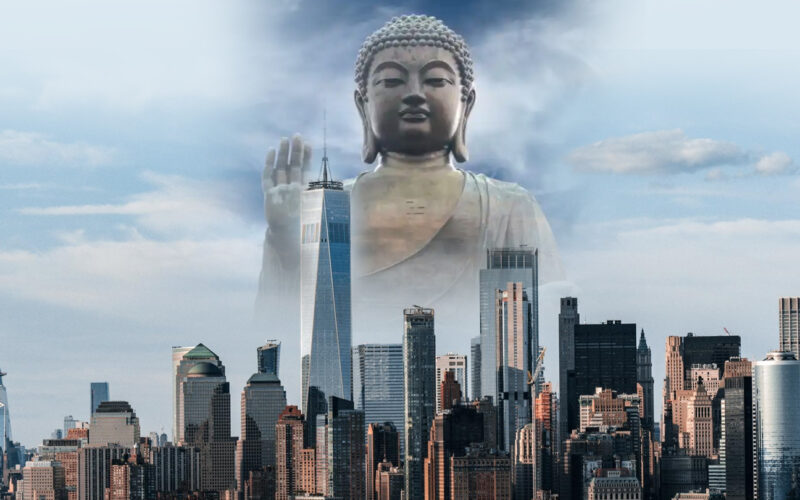Buddhism, an ancient spiritual tradition rooted in mindfulness and compassion, is experiencing a steady rise in popularity across the United States. As Americans increasingly seek ways to cope with stress, anxiety, and the fast-paced demands of modern life, many are turning to Buddhist practices such as meditation, mindfulness, and ethical living.
The growth of Buddhism in the U.S. can be traced back to the late 19th and early 20th centuries, when Asian immigrants brought their traditions to American shores. However, it was during the countercultural movements of the 1960s and 1970s that Buddhism began to capture the interest of a broader audience. Today, the tradition has evolved into a diverse tapestry, with various schools—such as Zen, Tibetan, and Theravada—finding a home in American society.
Meditation centers, temples, and retreats have sprung up across the country, offering spaces for both traditional practice and modern adaptations. Organizations like the Insight Meditation Society and the San Francisco Zen Center have become hubs for those seeking to explore Buddhist teachings. Additionally, the integration of mindfulness into mainstream wellness programs, schools, and even corporate settings has further popularized Buddhist principles.
While exact numbers are difficult to pinpoint, surveys suggest that millions of Americans now identify as Buddhist or incorporate Buddhist practices into their lives. This growth reflects a broader cultural shift toward spirituality and self-awareness, as well as an appreciation for Buddhism’s emphasis on inner peace and interconnectedness.
As Buddhism continues to flourish in the U.S., it serves as a bridge between ancient wisdom and contemporary challenges, offering a path to mindfulness and compassion in an increasingly complex world.

